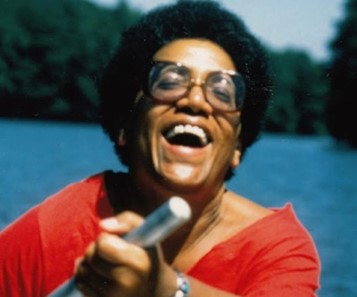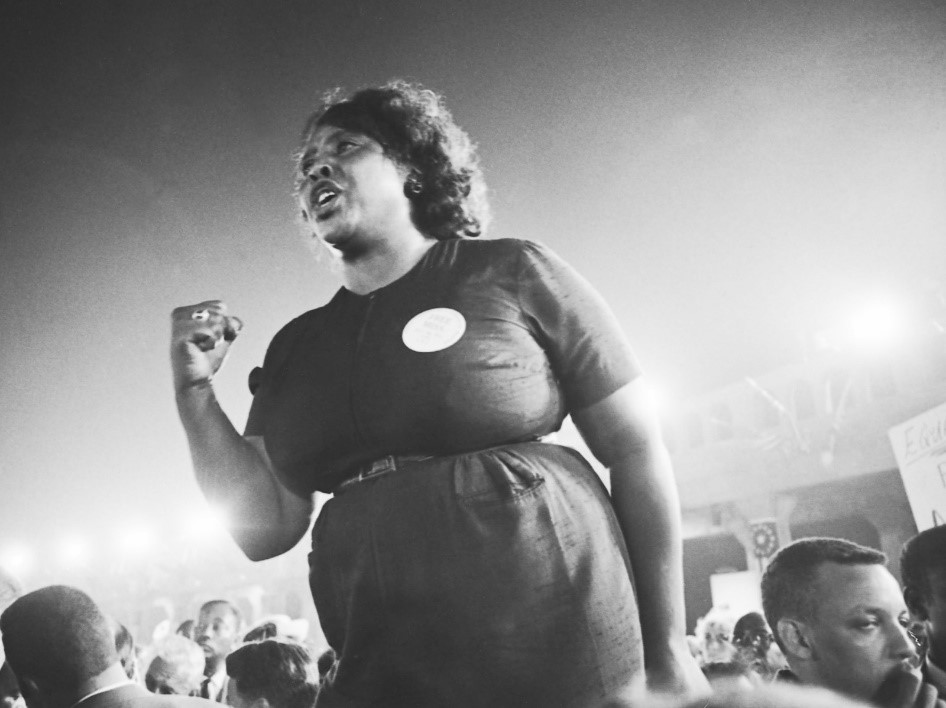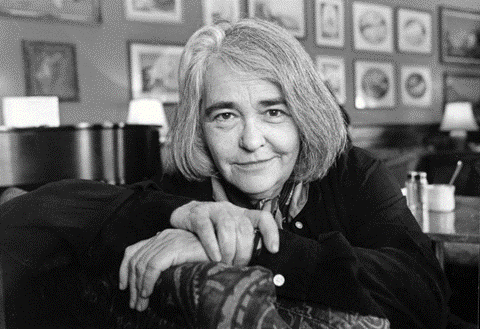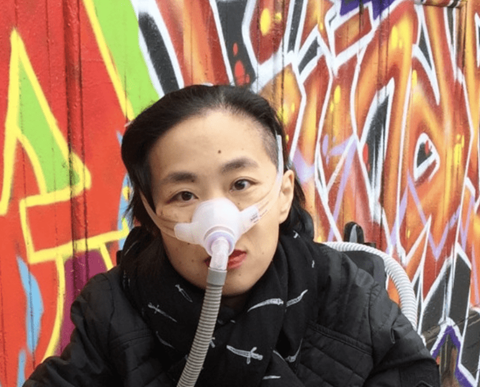Celebrating Women’s History and Disability History, Part 2
This is a special post written by Charles Warren, Curriculum Developer at Triangle. Charlie is also a member of Triangle’s Racial Equity Task Force. As part of our commitment to the work of our Racial Equity Task Force, we will be sharing more information with you on subjects related to racial equity and disability justice. This post continues our series dedicated to calling attention to the contributions of people with disabilities to American history.
As Women’s History Month comes to an end, Triangle would like to once again recognize the contributions made by women in the disability community. We are celebrating these women’s contributions to history, culture, and society – you can read the first post in this series here.
Audre Lorde

Audre Lorde (1934 – 1992) described herself as a “black, lesbian, feminist, mother, warrior, poet” who “dedicated both her life and her creative talent to confronting and addressing injustices of racism, sexism, classism, and homophobia.” She was an award-winning activist, poet, writer, and visionary. Lorde wrote Sister Outsider, The Cancer Journals, The Black Unicorn, and many other books and poems that highlighted the intersections of her identities. Her timeless creative works center around a Black Feminist frame and have been foundational pieces of social justice work against racism, classism, heterosexism, and other systems of oppression. Lorde had breast cancer and navigated the later years of her life with cancer and related illness.
Fannie Lou Hamer

Fannie Lou Hamer (1917 – 1977) was a legendary voting and women’s rights activist, community organizer, and leader in the civil rights movement. She was the co-founder and vice-chair of the Mississippi Freedom Democratic Party, which she represented at the 1964 Democratic National Convention. Hammer’s powerful testimony before the Credentials Committee at the DNC was broadcast on most major news networks. Hammer experienced disability due to the consequences of racially motivated violence, police brutality, and involuntary sterilization. Hamer received many awards during her lifetime and posthumously. She received honorary degrees from Howard University and Columbia College Chicago, and was inducted into the National Women’s Hall of Fame in 1993. Her name is honored at the Fannie Lou Hamer Freedom High School in the Bronx, as well as the Fannie Lou Hamer Black Resource Center at the University of California Berkeley.
Kate Millett

Kate Millett (1934 – 2017) was an American feminist writer, educator, artist, and activist. She was a leading figure in the women’s movement, or second-wave feminism, of the 1960s and 1970s. She was the first American woman to be awarded a degree with first-class honors after studying at Oxford. In 1970, she published her book Sexual Politics, which is considered one of the founding texts of the second-wave feminist movement. Sexual Politics was a groundbreaking work that helped to raise awareness of the oppression of women. It has been translated into many languages and is still widely read today. Millett continued to write and speak about feminist issues throughout her life. In the early 2000s, she dedicated much of her time to the United Nations, working with groups from around the world to draft the Convention on the Rights of Persons with Disabilities. She also worked as an artist and a filmmaker who made sculptures, prints, and ran a women’s art colony in Poughkeepsie, NY. Her work has had a profound impact on the feminist movement and on the lives of women around the world.
Alice Wong

Alice Wong is a journalist, writer and disability rights activist. She is the founder and director of the Disability Visibility Project, a digital archive and community of people with disabilities creating and sharing disability culture in media. Wong was born with spinal muscular atrophy, a neuromuscular disorder. She began her career as a journalist writing for publications such as The New York Times, The Boston Globe, and her hometown paper, The San Francisco Chronicle. Wong founded the Disability Visibility Project in 2014, and it has grown into one of the leading online resources for people with disabilities. Wong is a vocal advocate for disability rights, advocating for better access to and in healthcare, education, and employment. Wong is the recipient of the Martin Luth King, Jr. Award from the University of California, San Francisco, and was featured along with fifteen other individuals in a 2020 Time profile of people fighting for equality.